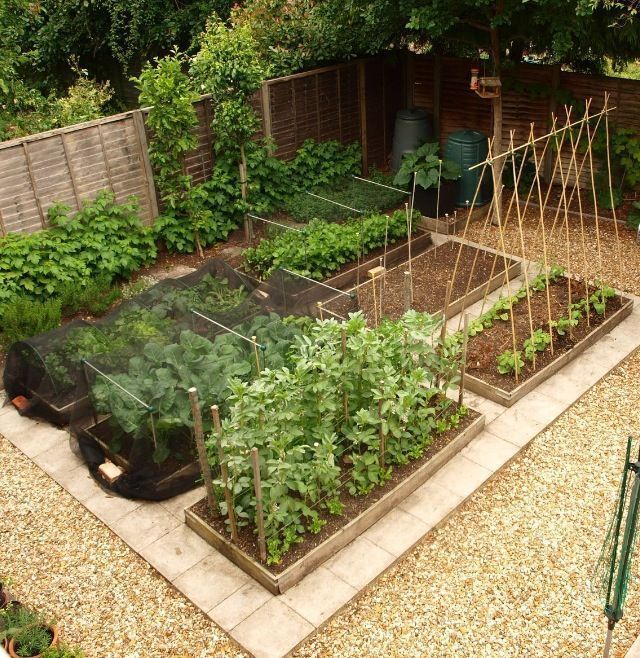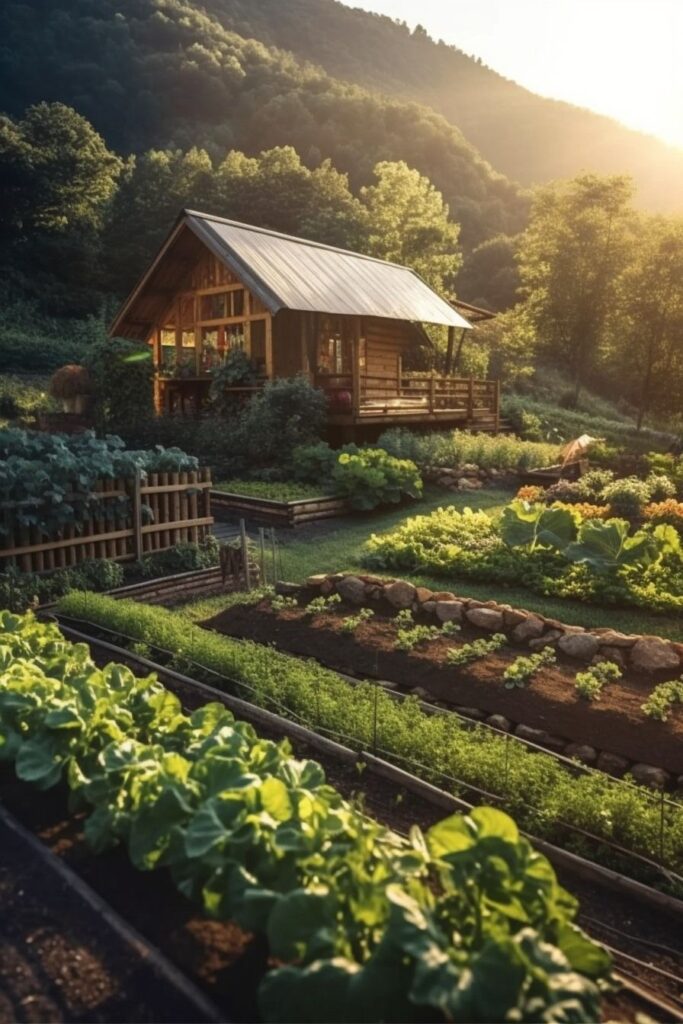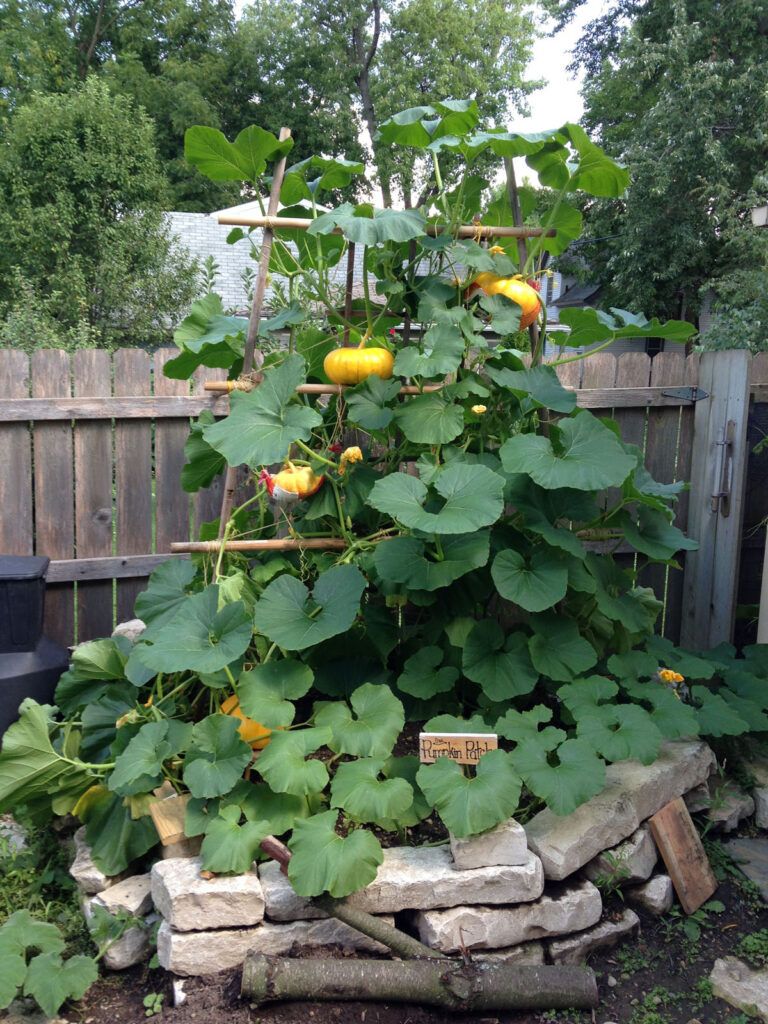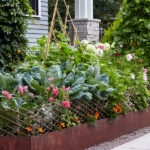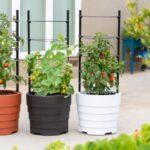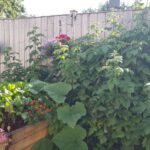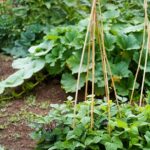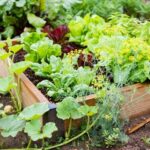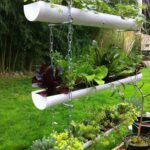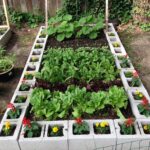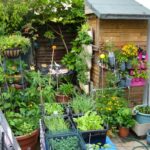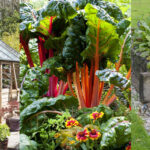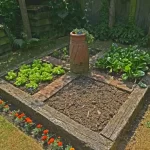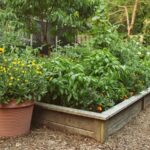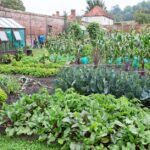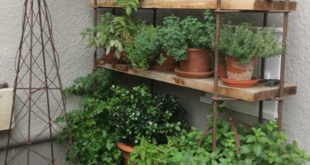When it comes to gardening, having a small garden can present unique challenges. However, just because your garden is compact doesn’t mean you have to sacrifice the variety or abundance of vegetables you can grow. With a little planning and strategic planting, you can still enjoy a bountiful harvest from your small garden.
One of the first things to consider when planning a small garden is choosing the right vegetables to grow. Opt for compact or dwarf varieties of vegetables that don’t require a lot of space to flourish. Some great options for small gardens include cherry tomatoes, mini bell peppers, bush beans, and compact varieties of zucchini and cucumbers.
Vertical gardening is a great way to maximize space in a small garden. By utilizing trellises, stakes, or garden towers, you can grow vining vegetables like peas, beans, cucumbers, and squash without taking up valuable ground space. Vertical gardening not only helps to conserve space but also makes harvesting easier and can improve air circulation around your plants.
Utilizing raised beds or containers is another excellent option for small garden vegetable gardening. Raised beds can be built to fit the dimensions of your garden space and provide good drainage and soil aeration for your plants. Container gardening is perfect for growing vegetables like lettuce, herbs, and tomatoes in limited spaces like patios or balconies. Containers can be placed strategically to make the most of available sunlight and can be moved easily if needed.
Succession planting is a technique that involves planting small quantities of vegetables at regular intervals throughout the growing season. This ensures a continuous harvest of fresh produce to enjoy over an extended period. By staggering your plantings, you can make the most of your limited space and avoid a glut of ripe vegetables all at once.
Lastly, consider interplanting different varieties of vegetables together in the same space to maximize your garden’s productivity. Companion planting can help to deter pests, improve pollination, and conserve space by grouping vegetables that benefit from being planted in close proximity. For example, planting radishes with carrots can help to deter carrot flies, while planting basil near tomatoes can improve their flavor and health.
Overall, with a little creativity and planning, a small garden can be just as productive and rewarding as a larger one. By choosing the right vegetables, utilizing vertical gardening techniques, utilizing raised beds or containers, practicing succession planting, and interplanting strategically, you can make the most of your small garden space and enjoy a plentiful harvest of fresh, homegrown vegetables.
 yishifashion Where Outdoor Dreams Become Reality
yishifashion Where Outdoor Dreams Become Reality
